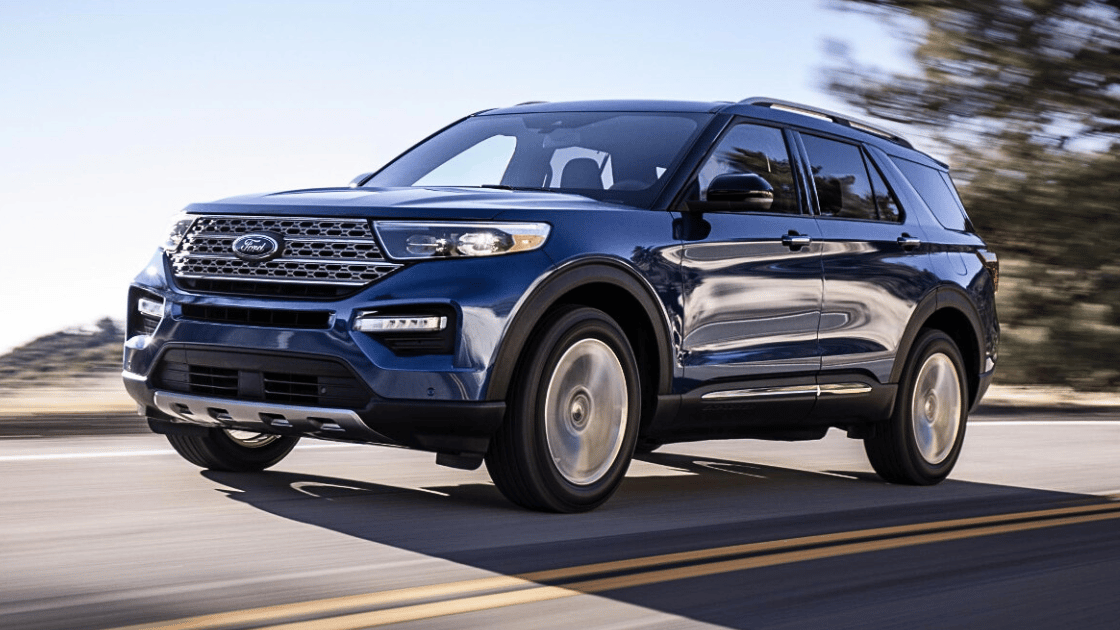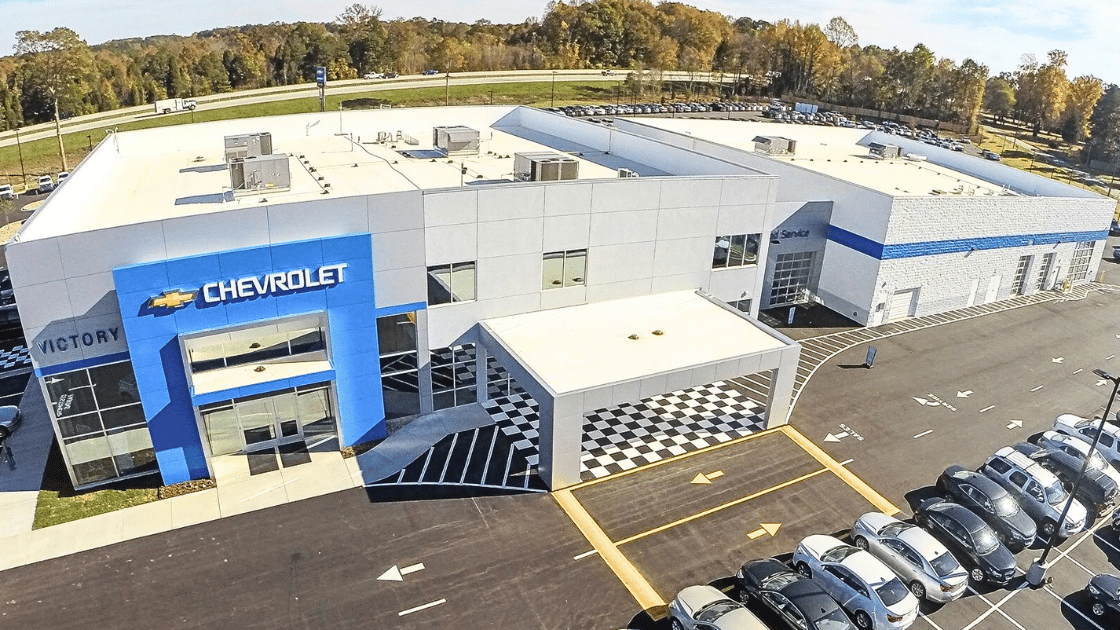
Atsushi Osaki, President and CEO of Subaru, Jim Farley, CEO of Ford, and Makoto Uchida, CEO of Nissan
One thing is clear—the uncertainty around tariffs has the U.S. auto industry in “wait and see” mode.
First things first: Staying abreast of the tariffs and how they could impact the automotive business is a challenge in itself. The number of levies and various factors pertaining to the measures seem to be changing daily, leaving one feeling as if they need a Tariff App to keep up with it all, but here’s a quick recap of them, as of today.
The 30-day delay on the 25% tariffs President Donald Trump enacted against Mexico and Canada is set to end on March 1, putting the measures in motion, but could include some exemptions for certain imports.
The 10% tariffs on imports from China went into effect on February 3, prompting the country to counter its own tariffs against the U.S.
On February 11, the Trump administration announced that it was “reinstating” a 25% tariff on steel and aluminum imported to the U.S., with Argentina, Australia, Brazil, Canada, Japan, Mexico, South Korea, the European Union, Ukraine, and the United Kingdom receiving exemptions from these specific levies.
On a broader level, Trump announced last Thursday that he will potentially enact reciprocal tariffs, with a focus on “correcting longstanding imbalances in international trade and ensuring fairness across the board,” per the White House. The president also announced plans to enact auto tariffs as early as April 2, targeting Japan, Germany, and South Korea, among others.
Between the lines: The shifting dynamics of the tariffs are not limited to just the measures themselves. Views and opinions on the levies appear to be evolving as well, as more people in the auto industry start weighing in on the tariffs.
After previously calling the tariffs costly “chaos,” Ford CEO Jim Farley recently took to X, praising the measures, saying…Trump’s idea to look at all vehicle imports to the U.S., an important step forward.”
Republican Senator Mitch McConnell—who has recently been defiant of Trump, voting against three of the President’s cabinet appointees—says the tariffs will raise prices and are bad for policy and impact American industry and workers.
Atsushi Osaki, CEO of Subaru, said tariffs would have a major impact on the automaker’s operations, which has the company considering ramping up production at its Indiana facility in the U.S.
Several other automakers have started to weigh in on the measures, most recently Nissan CEO Makoto Uchida, who suggested Monday that the automaker could move production from Mexico if the 25% tariffs on imports from the country go into effect.
Why it matters: President Trump frames tariffs as a necessary step to reduce the trade deficit and protect U.S. borders, but for dealers, the impact will be felt on the ground. Higher import costs could drive up vehicle prices and parts expenses, squeezing margins and shifting demand toward used inventory. Meanwhile, automaker production pivots could disrupt supply chains and model availability
Become an automotive insider in just 5 minutes.
Get the weekly email that delivers transparent insights into the car market.
Join 90,000+ others now, it's free:
Ship Smarter. Pay Less. No Middlemen.
Tired of brokers driving up costs and slowing you down? Auto Hauler Exchange puts YOU in control.
Ship cars faster and cheaper with 5,000+ vetted carriers
Get cars delivered in just 5 days on average
Transparent pricing, no hidden fees, and real-time tracking
Move cars smarter. Move cars faster.











